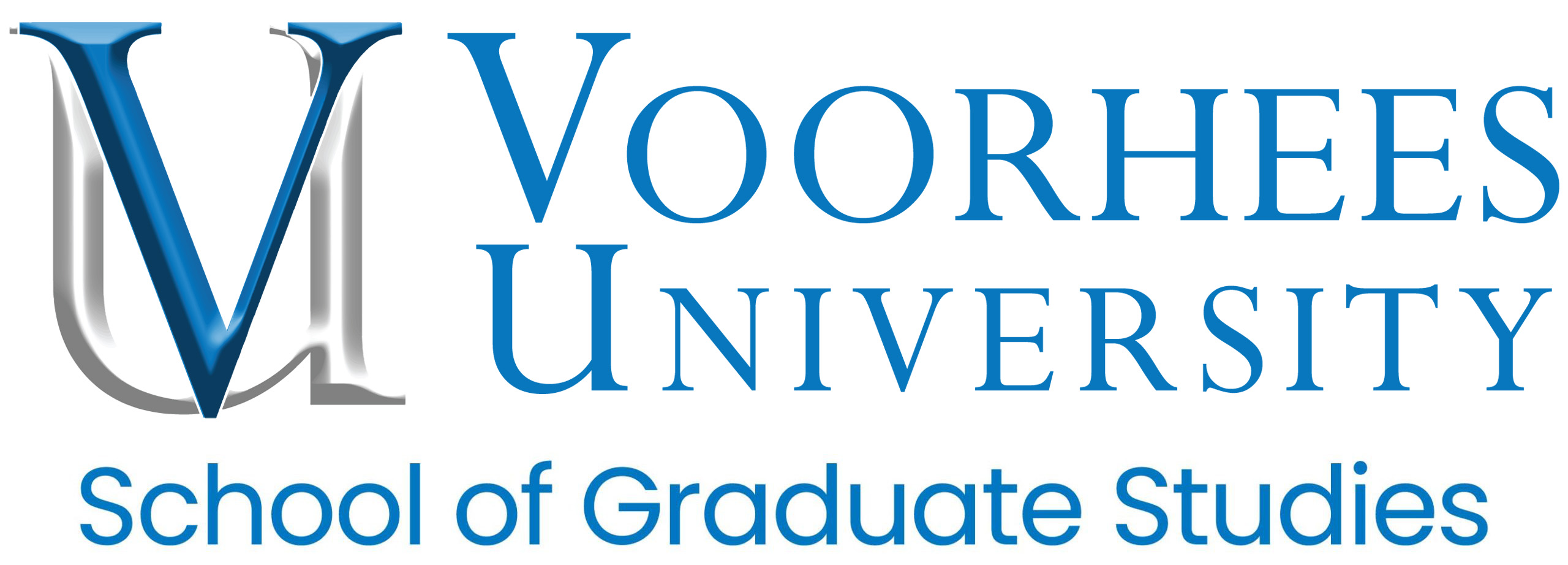Master of Business Administration Degree Course Offerings
Our graduate programs go beyond mainstream thought and practices, fostering intellectual inquiry and creative mastery.
Foundational Course Offerings
This course teaches skills in using accounting information to make informed and rational decisions and choices congruent with corporate strategy.
This course covers principles of leadership and organizational behavior, including topics of leadership style, self-awareness, worker motivation and attitudes, individual decision-making, team processes, conflict management, organizational culture and change management.
This course introduces international marketing management operations, stressing the viewpoint of the marketing manager who must recognize differences in market arrangements and in legal, cultural and economic factors in different countries.
This course reviews the behavior of consumers and firms, government antitrust policy, open economy macroeconomic policy, and determinants of trade patterns and trade policy.
This course provides a foundation in business analytics and stresses practical business applications focusing on statistical analysis and reporting to help examine and analyze business operations, provide insights, and support recommendations for performance improvement.
This course teaches students how to apply statistical analysis to data models that will provide experiences with examining intuitive visualizations that aid in making predictions.
Students will partner with an organization to complete an application-based project, to synthesize learning and apply skills learned throughout the program. The course blends presentations and assignments to help students build requisite communication and project management skills.
Business Analytics Concentration
This course explores various techniques used for mining data, and it provides the theoretical background coupled with hands-on problem-solving practice to understand and apply fundamental concepts of classical statistics, statistical inference, decision theory, project management, as well as emerging concepts from data analytics.
This course examines business practices in today’s global environment, focusing on trends affecting the local and global trade and investment environment, such as production, marketing, logistics, and employee management.
This course provides content on the comprehensive treatment of analysis of financial statements as aid for decision making; it looks at current state of financial reporting practices and impact of published statements on economic systems.
This course explores reporting and data visualization principles and techniques to support business decision- making and information reporting needs utilizing operational, accounting and financial data.
This course introduces process tools for structuring, managing, and analyzing large volumes of data to explain the past, monitor the present, and anticipate future data concepts and modeling.
Human Resource Management Concentration
This course examines key regulatory procedures and human resource requirements as they relate to the strategic role of the human resource manager in performing functions of recruitment, hiring, training, career development and other contemporary processes within the organizational setting. The course concepts are aligned with the Society for Human Resource Management (SHRM) Body of Competency and Knowledge (BoCK).
This course teaches students about the strategic use of compensation and benefits systems for the purposes of attracting, retaining, and motivating a competitive workforce.
This course will help current and aspiring HR managers and staff to establish a structured framework for systematic analysis of employee issues that may have legal implications focused on the layers of employee rights, the HR role, appropriate consultation with legal counsel, and the use of a step-by-step process in the assessment of workplace issues.
This course examines assessment techniques used in the role of human resource manager development in maintaining competitive positions and workplace diversity and career management training needed for organizational efficiency and effectiveness improvement.
This course focuses on identifying effective data sources, developing meaningful metrics, designing long-term measures, and applying results in support of organizational strategy and tactics.
- One hour of classroom or direct faculty instruction and a minimum of two hours of out-of-class student work each week for approximately fifteen weeks for one semester hour of credit for didactic instruction, or the equivalent amount of work over a different amount of time; or
- At least an equivalent amount of work as required in paragraph (1) of this definition for other academic activities as established by the institution, including laboratory work, internships, practice, studio work, and other academic work leading to the award of credit hours.

